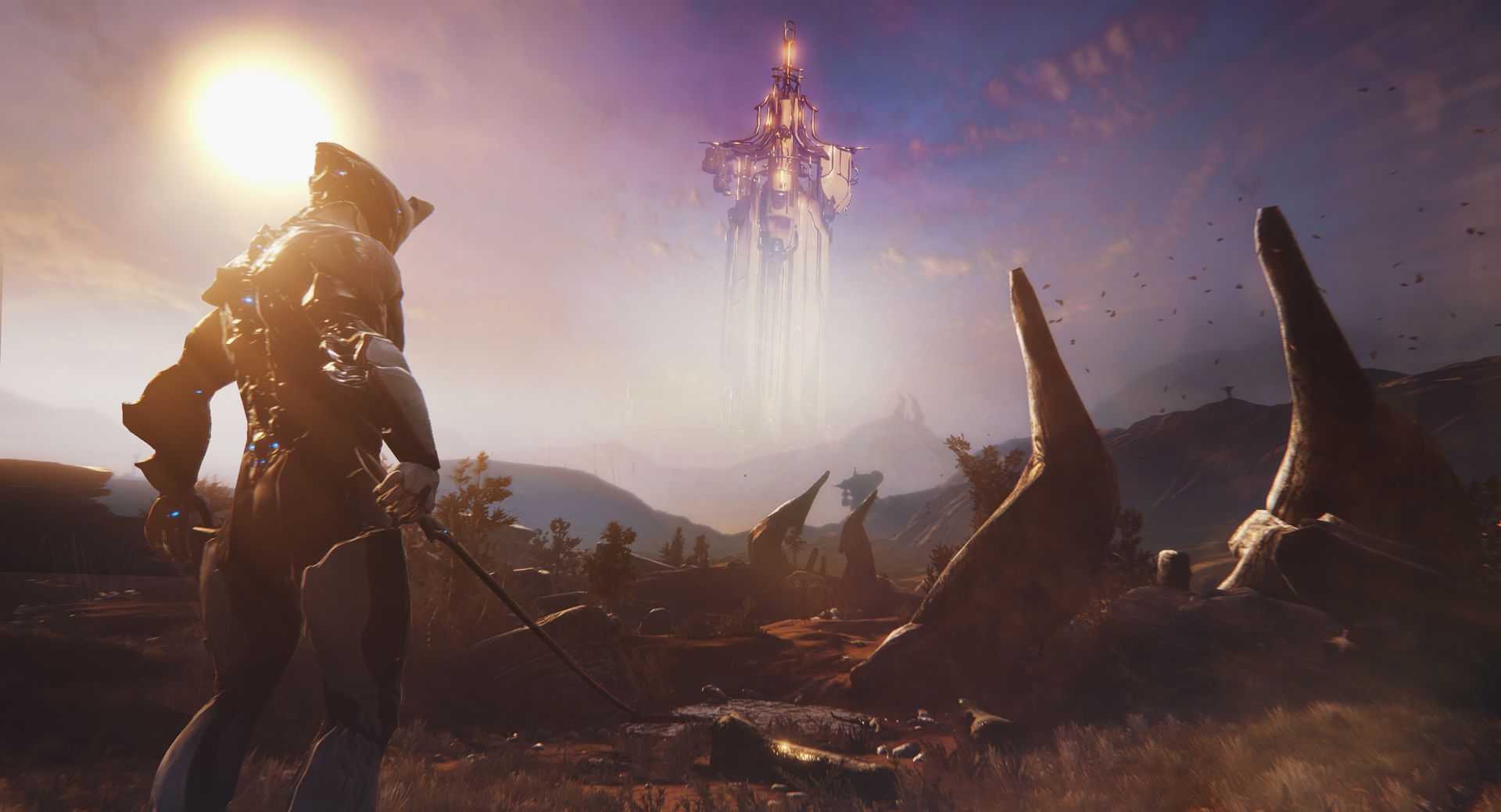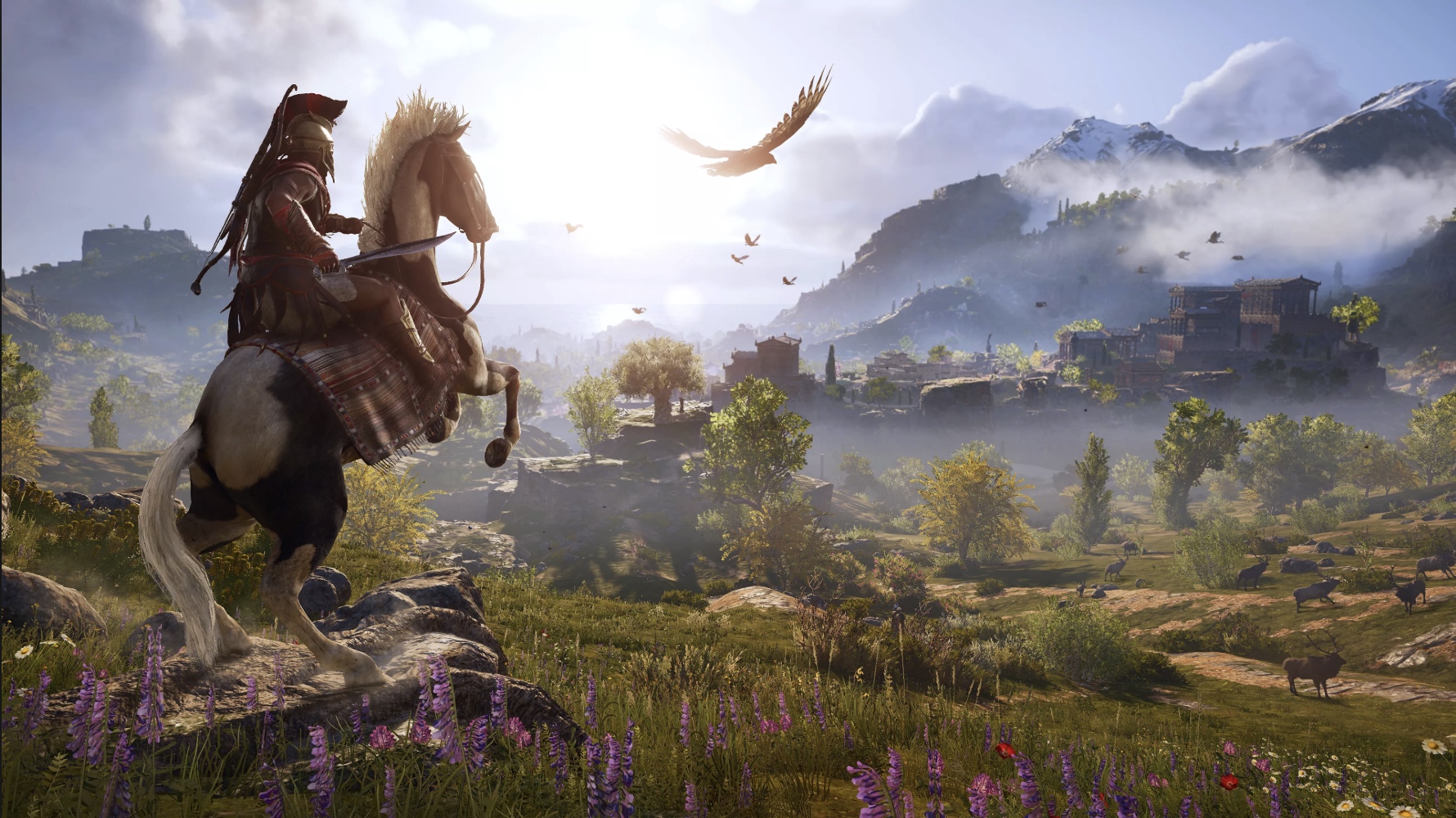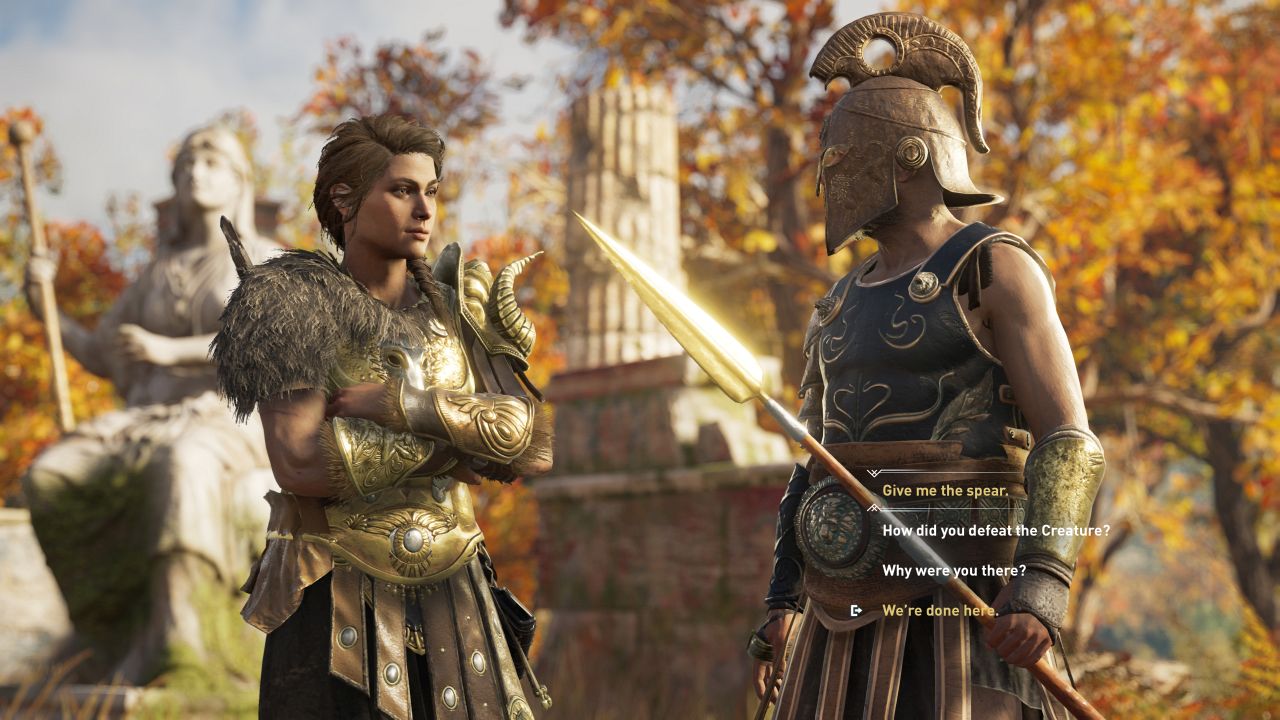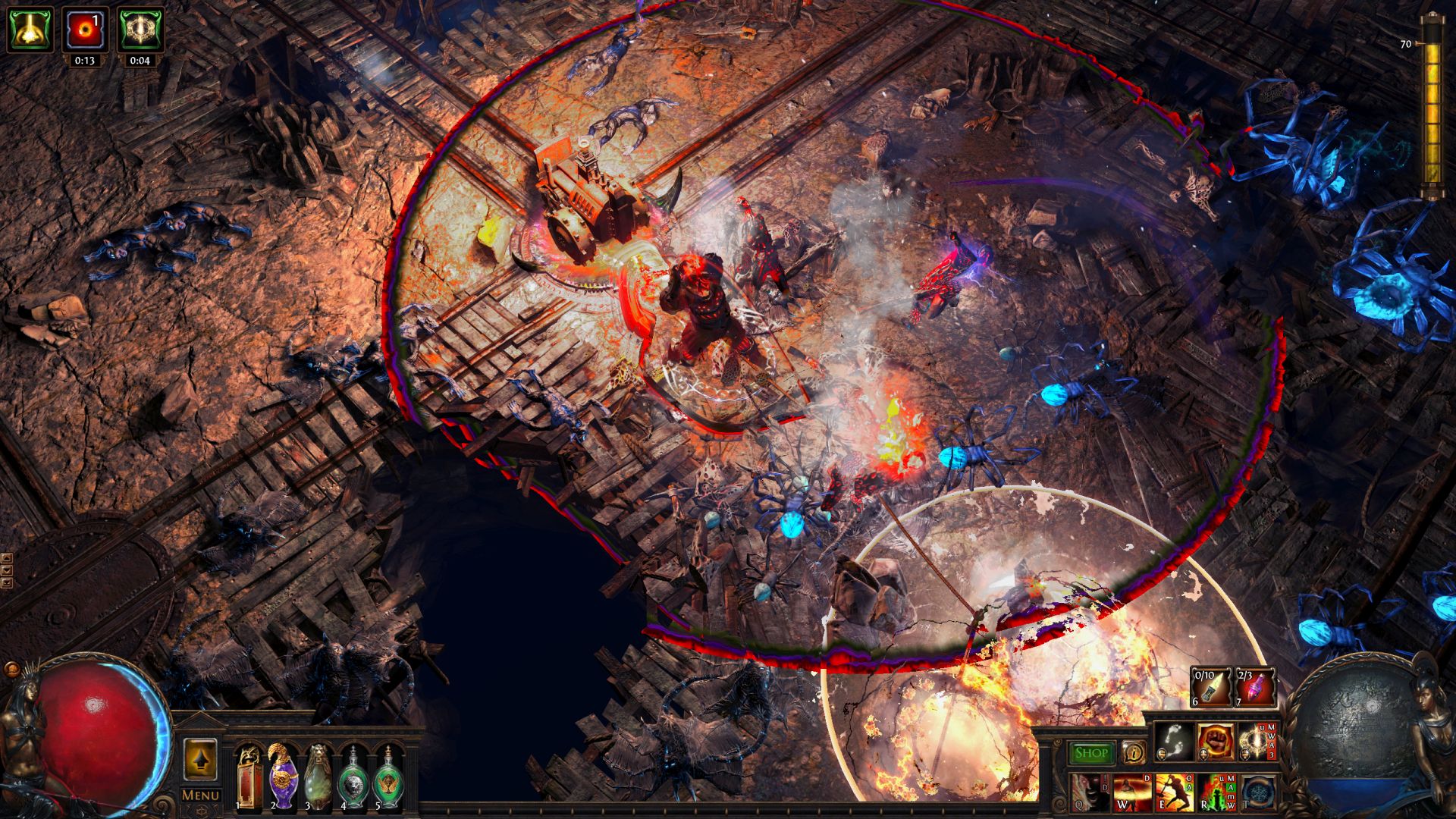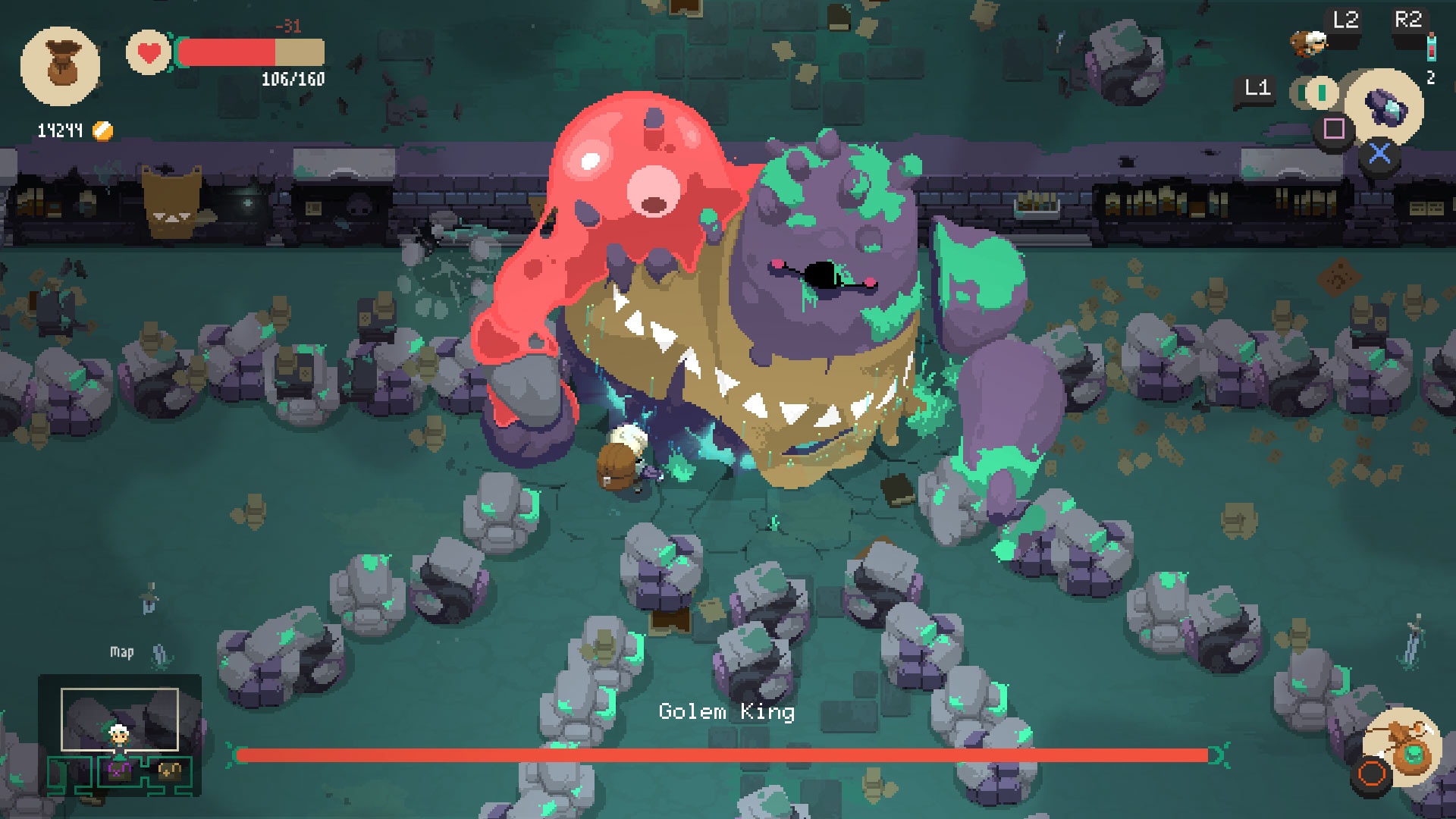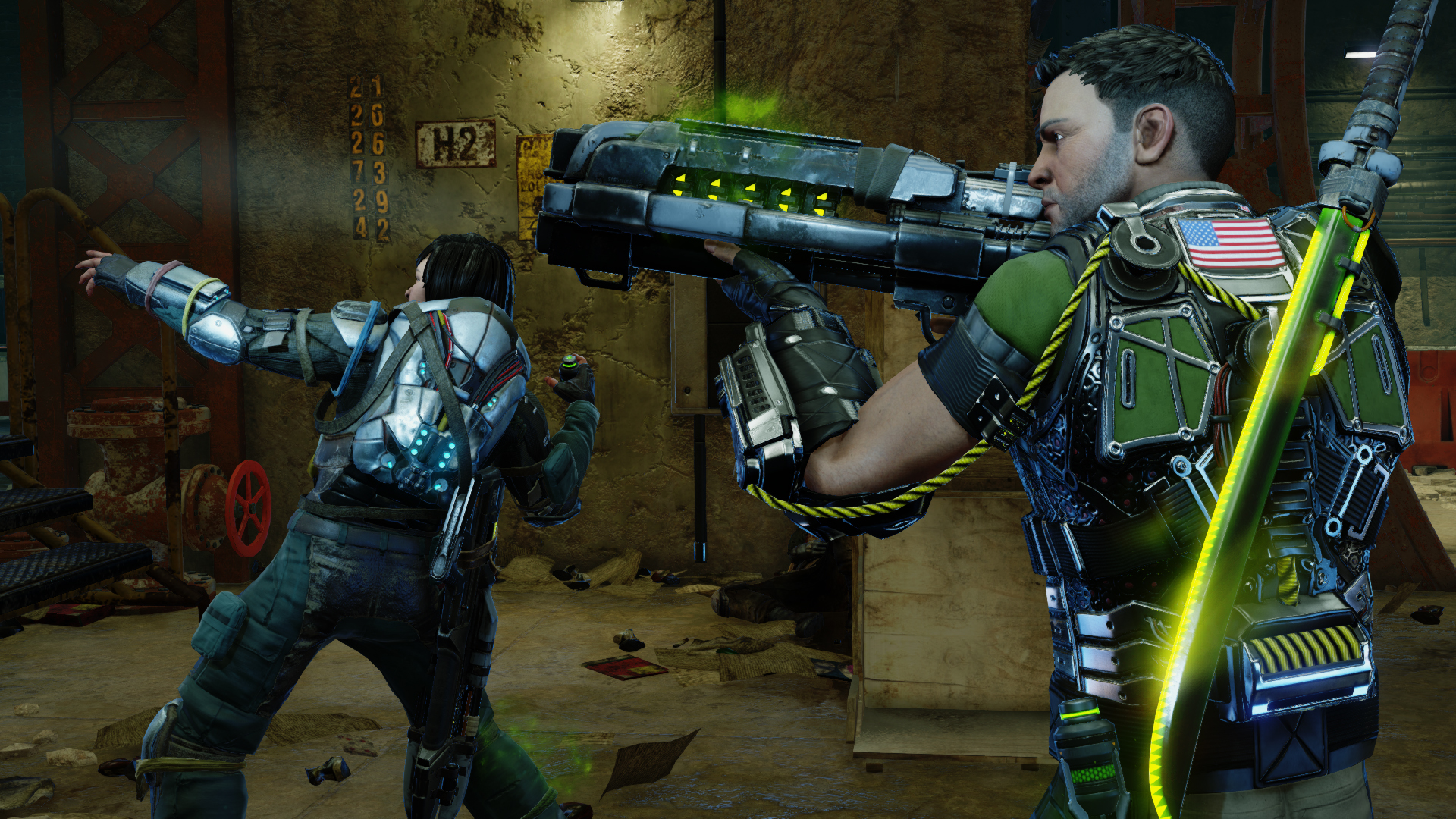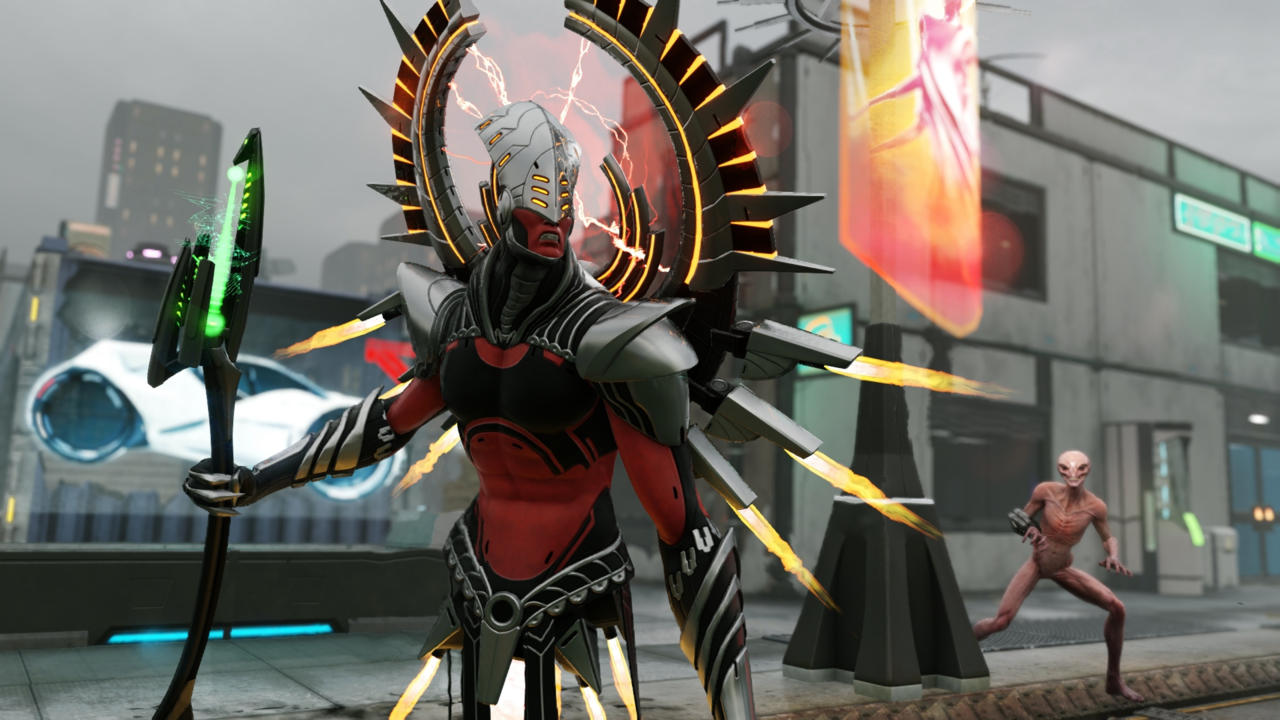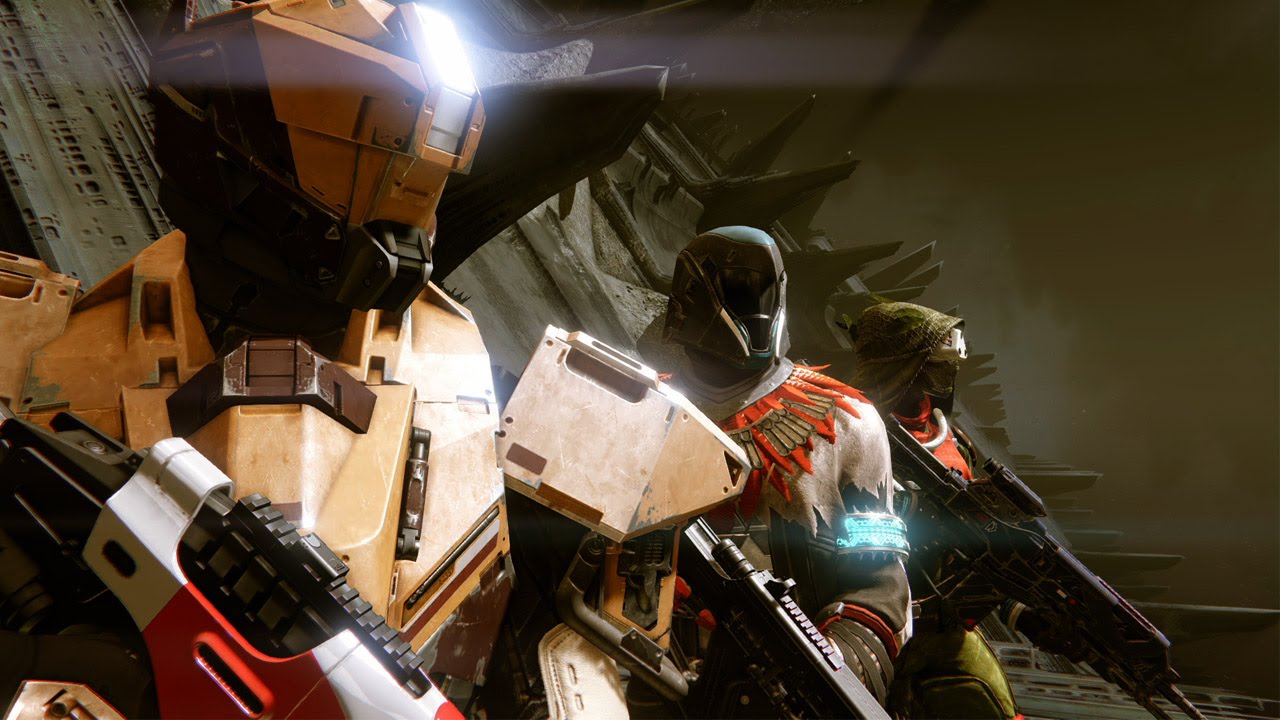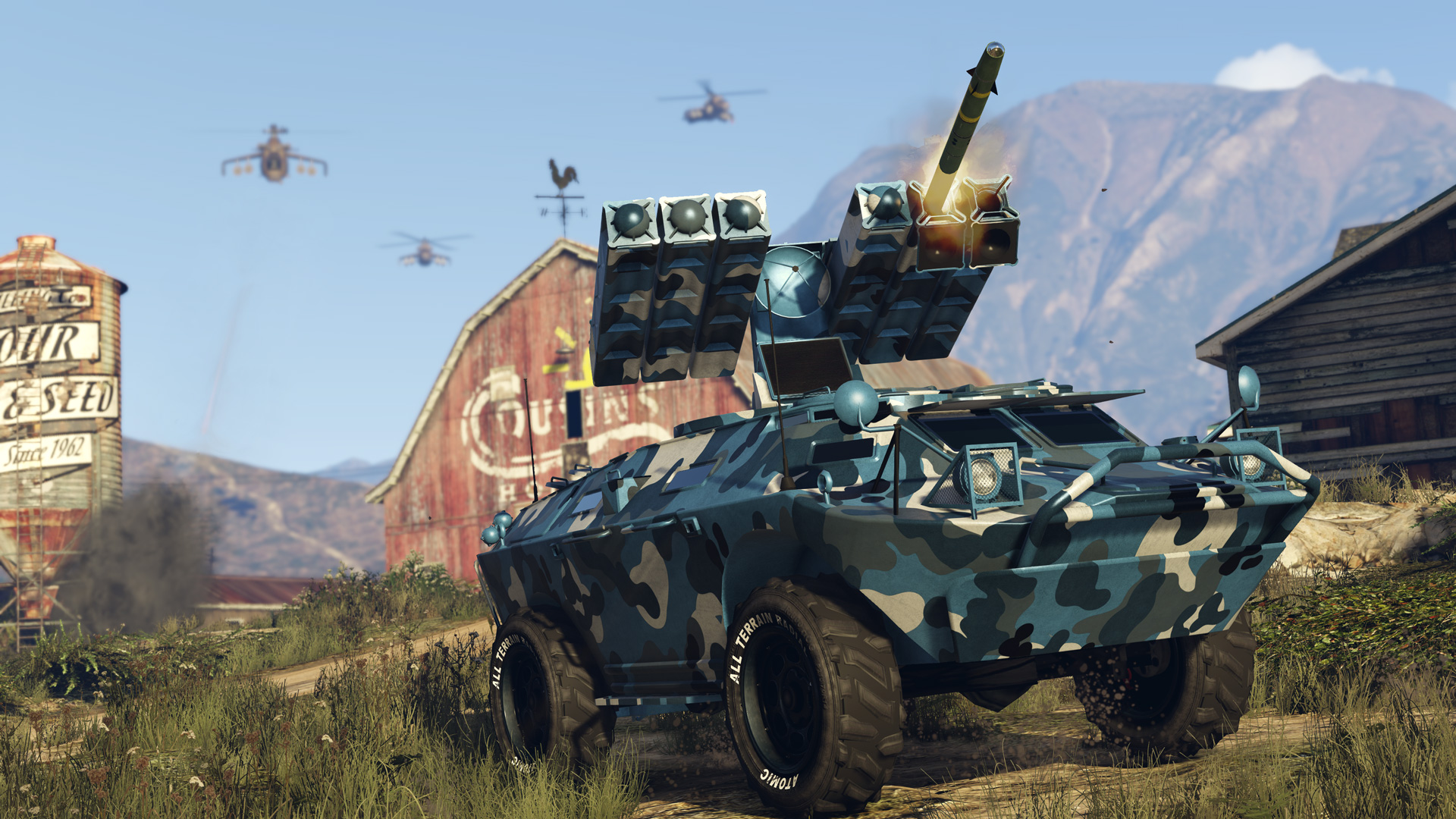
Remember the Star Wars Battlefront 2 debacle? For those who don’t know, the launch of DICE’s Star Wars-based shooter was meant to herald a number of changes from its predecessor: The inclusion of a single-player campaign, a multi-tiered engagement mode with some kind of narrative, and of course, no Season Pass or paid DLC. Micro transactions would instead become the main source of revenue with ample post-launch support and surely Electronic Arts wouldn’t try to turn this into a “pay-to-win” platform?
Sadly, that’s exactly what happened and despite both DICE and EA trying to justify the new Star Card system, the high cost of hero unlocks and much more, the economy for Star Wars Battlefront 2 crumbled in a number of ways. The fact that it was so blatantly pay-to-win in a competitive multiplayer setting while offering a convoluted system of scrapping and crafting was also pretty terrible.
"There are variety of reasons why games like Battlefield and Call of Duty continue to sell despite growing microtransaction concerns. There’s also a reason why Overwatch, despite concerns for loot boxes, continues to rake in the cash."
However, upon looking at the entire disaster, one has to wonder why certain games that implement microtransactions are doing so much better. Why do some games like Digital Extremes’ Warframe continue to do so well despite allowing you to purchase entire Frames and weapons, or even essential functions like Weapon Slots and Frame Slots? Heck, for all the hoopla surrounding cosmetics, Warframe also locks different colour palettes, Deluxe Frames and special skins behind microtransactions. Even if the entire experience is free-to-play, most new players would probably have a much better time by spending some money on Platinum to start with.
Grinding Gear Games’ Path of Exile is slightly different. All of its loot has to be earned in-game. There’s no way to pay wholesale for weapons and even resetting your character is something that’s only possible through copious amounts of grinding (or, well, making a new character). For the cosmetics and stash tabs, you need to pay up. Did we mention those cosmetics are locked behind RNG loot boxes whose prices would make Jeff Kaplan and his team at Blizzard blush? I can’t speak for the odds of getting different pieces since the cosmetic pool isn’t as saturated but it’s not weird to see long-time players spend tens, if not hundreds of dollars, to look good. New cosmetics are constantly being released as well.
For that matter, why are games-as-a-service titles still in such demand despite so much controversy? Halo 5: Guardians was a massive success and Halo Infinite will also seemingly have microtransactions (but not “real money loot boxes”). Tom Clancy’s The Division bounced back extremely well despite a disappointing few months post-launch and some lop-sided updates. Even if The Division 2 has been criticized for including stash slots as part of costlier editions, there’s not nearly as much controversy as EA’s debacle.
There are variety of reasons why games like Battlefield and Call of Duty continue to sell despite growing microtransaction concerns. There’s also a reason why Overwatch, despite concerns for loot boxes, continues to rake in the cash. Grand Theft Auto 5 is the biggest-selling title of all time and even that has Grand Theft Auto Online with its heavy grind and “pay to skip” Shark Cards. So what gives? What do so many games do right that’s seemingly so difficult in this age of microtransactions and post-launch monetization? The answer probably lays in “good will”.
"This approach isn’t too new – titles like Warframe also allow you to earn Platinum in-game even if the process relies completely on trading and grinding out certain “popular” items."
Let’s take a look at Assassin’s Creed Odyssey, a recent controversial example. Odyssey features an enormous single-player campaign that – like Origins – has an in-game store with cosmetics and weapons to purchase. However, it’s possible to purchase “time saver” items like a permanent 50 percent XP booster or smaller boosters that can make the experience “better”. “Better” in what sense?
Well, Odyssey’s campaign missions can be level-gated, requiring you to grind out side missions and bounty board requests to level up. Given how much difference a level or two can make up, it’s always best to be at a level equivalent to your foes. One of the major complaints, however, is that the XP gains have been tuned in such a way as to push a player towards using a booster (which Ubisoft has denied).
Furthermore, for those who want to just experience the story in Odyssey and not have their journey interrupted by mundane side content, having to do any kind of grinding feels boring. This doesn’t alter the fact that some people’s mileage of the side content will vary. Many abhor the “go here, get this, kill enemies” style of quest design while others found more nuanced quests with strong writing and characters to enjoy. So while this may feel like a “grind” to some players, others will see a familiar style of role-playing progression. The latter will feel like Ubisoft is purposely pushing them out into the open world to explore and play the content and that’s just fine because it’s what they signed up. The various points-of-interest and objectives may seem fairly cookie-cutter but there were no illusions that the game would work this way.
From a grinding perspective, it’s possible to earn Orichalcum, which can be spent on random loot boxes that have a chance to drop cosmetics from the store. These can be earned from daily and weekly quests while also providing an in-game currency for some of the better weapons and armour. So over time, it’s possible to purchase many of the cosmetics and items without spending any real money. This approach isn’t too new – titles like Warframe also allow you to earn Platinum in-game even if the process relies completely on trading and grinding out certain “popular” items.
"Rather than thinking of this as Ubisoft slowly introducing microtransactions into its series, pushing the boundaries of what it can get away with, it’s important to understand their bigger picture (or the idea of it, at least)"
The idea is the same though – the items that can be purchased with premium currency aren’t things that players need from the outset. You don’t “need” every Legendary item in Odyssey’s store any more than you need to purchase every item in Warframe’s store from the outset of the game. Just as it’s possible to unlock different Frames (and better them) through in-game means, so is it possible to earn different weapons and loot in Odyssey by progressing through the game. If these unlocks are then placed in the game for longer-term investment players, then the real question is: Why?
It’s no mystery that Ubisoft wants to pursue a games-as-a-service model for numerous titles. There’s a vision for larger scale titles that allow for traversing multiple eras in the next Assassin’s Creed, which would mean less entries and stronger post-launch support for the games in question. Assassin’s Creed Odyssey will apparently not be followed by a sequel in 2019 as Ubisoft focuses more on post-launch support.
This can be seen in the post-launch “Lost Tales of Greece” that are being made free to fill the gap between bigger paid expansions such as Legacy of the First Blade and The Fate of Atlantis. In-game events tasking players with hunting down tough enemies every week are also coming (if not available already). Also, I have no doubt that the in-game store will be updated with new items that will be more easily accessed by players who have more time and thus Orichalcum earned in-game.
Rather than thinking of this as Ubisoft slowly introducing microtransactions into its series, pushing the boundaries of what it can get away with, it’s important to understand their bigger picture (or the idea of it, at least). Assassin’s Creed Odyssey isn’t just a vehicle to get you to pay extra cash. It’s a massive, sprawling game that wants to offer as much value in its core package as possible. It wants to offer a grand spanning story with interesting characters and compelling combat to keep different types of players coming back for more.
"The concepts themselves like Warframe’s Plains of Eidolon or Path of Exile’s Delve League may not be incredibly polished out of the gate but their ambition and innate potential are appealing."
The free content, updates and support are just a means to earn more “good will” from players in the hopes that they’ll spend more money. Maybe not spend immediately – because as noted in many counter-arguments, the side content can be fun for some players to “grind” through – but maybe after 100 to 200 hours of game time. Maybe when a player wants to start from the beginning and re-experience it all over again with a different build, thinking to skip the grind like they would do in an MMO.
This “science of good will” may seem ludicrous at first but it’s not strange. Some companies and their shareholders aren’t just looking for direct revenue right away. Instead, recurring player counts – both on a daily and monthly basis – are incredibly important. Free-to-play titles like Warframe and Path of Exile dole out amazing concepts every year and we’re always impressed with the amount of content offered for free. However, it’s by fostering good will with the player base – one that’s in it for the long haul – that both games earn their money.
The concepts themselves like Warframe’s Plains of Eidolon or Path of Exile’s Delve League may not be incredibly polished out of the gate but their ambition and innate potential are appealing. Long-term support and numerous updates, even if they’re just cosmetics and new items, further keep players hooked. In the end, it’s all free and the hardcore player that invests hours upon hours into a game like Warframe may have no need for Platinum. But for the average player, that sense of investment and wanting to “reward” the developer for having and continuing to get so much out of a free experience is what the goal ultimately is.
Yes, there are plenty of ways to “push” players to spend their premium currency (or to spend real money to immediately obtain more). A brand-spanking new Frame has been released? Better lock the parts behind some annoying drop rates (the construction of which, by the way, can be sped up using Platinum). A new weapon has dropped? Well it’s exclusive to those with Clan access and who’ve built the required labs. Don’t have a clan? You could always purchase them directly. The list goes on.
"Keep in mind that the “science” of good will isn’t just about games with microtransactions. Numerous different titles across several segments of the industry are looking at making their games more appealing by fostering good will, even if microtransactions aren’t the road to this."
Even if Ubisoft didn’t muck about with the XP gains, the long-term investment strategy for Odyssey is hard to deny. It wants players to keep coming back, offering a meaty base game with strong support and constant updates alongside free content to reward those who stay on. You could criticize Ubisoft for the random bounty board quest, “bloated” map with quest markers galore or loot grind but it wants you to play all of that content over a long, long period of time. And hopefully, if you appreciate it enough and feel invested enough, you’ll want to spend some more money. Perhaps with the Season Pass or through some Helix Credit bundles.
Unlike Digital Extremes and Grinding Gear Games, the onus is on Ubisoft to provide a worthwhile experience at all times. If it’s DLC isn’t up to snuff or the free updates don’t keep players engaged, that hurts the company’s bottom line and could thus influence how future monetization is handled. It doesn’t have the benefit of being free like Warframe or Path of Exile either. If someone feels that their time has been wasted after the initial $60 entry point, there’s a risk of them swearing off the current and future product.
Keep in mind that the “science” of good will isn’t just about games with microtransactions. Numerous different titles across several segments of the industry are looking at making their games more appealing by fostering good will, even if microtransactions aren’t the road to this. Take the example of Moonlighter. Recently, Digital Sun added New Game Plus mode to the Zelda-meets-shopkeeper action RPG along with a higher rarity tier of weapons and armour, a new item type and much more. Since the game’s launch, other updates have brought new room compositions, challenges and so on. With Halloween coming up, there will also be an “event” of sorts for players to earn items.
How can that be, especially if Moonlighter is a crowd-funded title from a relatively small studio? By delivering a strong base experience, Digital Sun could look to appeal to its established player base with free updates. And every time a new update goes live, Moonlighter goes on sale (at least on Steam), enticing more players to hop on board. The fact that the entry point isn’t all that high to begin with doesn’t hurt either.
"Firaxis did something similar with XCOM 2: War of the Chosen. It recently released the Tactical Legacy Pack, a free content pack that was only available for those who owned the base game and War of the Chosen."
Another interesting strategy is free DLC but for a timed period. The trend was recently highlighted by A Hat in Time’s Seal the Deal DLC. Seal the Deal added a new chapter, a new difficulty mode and other snazzy additions, all for the price of nothing. However, it was free only for owners of the base game and that too for 24 hours. Fortunately, the game went on sale in that same period, allowing first-time players to successfully jump into the game and enjoy the free content. You could say it’s a weird strategy to force people to buy the game…or you could interpret it as a developer both rewarding its loyal fans and trying to attract newcomers.
Firaxis did something similar with XCOM 2: War of the Chosen. It recently released the Tactical Legacy Pack, a free content pack that was only available for those who owned the base game and War of the Chosen. In terms of content, players can expect five Legacy Ops, a series of consecutively linked missions that explore events taking place between the first and second game; 28 new maps remastered from Enemy Unknown/Within; returning armour from Enemy Unknown along with “reimagined” weapons; Skirmish Mode for creating custom missions; Resistance Archives for battling in a series of missions with increasing difficulty; a photo mode of sorts; and over 100 challenges from War of the Chosen that can be played offline repeatedly.
That sounds like a whole smattering of content, right? And it’s free! Of course, you need to own XCOM 2 and War of the Chosen. Even if you didn’t take advantage of the ongoing sale to purchase either the base game, the expansion or both alongside the Reinforcement Pack (which itself offers three DLC drops for the “complete” XCOM 2 experience), then there’s not much reason to worry. The Tactical Legacy Pack will remain free until December, providing enough time for players to decide if they want to hop onboard – and maybe take advantage of other sales that might crop up along the way.
If you think about it even further, it makes sense why Firaxis is going this route. Good will with the developer wasn’t looking so good following launch troubles with XCOM 2. Even after a number of issues were resolved, players still took issue with the pricing and content of Reinforcement Pack. War of the Chosen could be looked upon as the first step in rebuilding that good will with the Tactical Legacy Pack only furthering it.
"Coming back to microtransactions and free content updates: For clarification’s sake, I’m not saying that this is necessarily what the developers themselves want."
Not only does it reward players who have been loyal to the game but also offers tons of nostalgia and compelling features for those loyal to the brand for all these years. It’s the little things but they help. For all the negativity I’m talking about XCOM 2 facing after its launch, the game was still lauded and loved by its fans. Capitalizing on that kind of brand loyalty and using it to draw in new players is an exceptional strategy, to say the least. However, you still need to pay money to be a part of this process so Firaxis benefits as well.
Of course, how can we forget other means of building good will among players? How many games like The Elder Scrolls Online, Halo 5: Guardians, Halo Wars 1 and 2, Overwatch, and so on offer free to play weekends for newcomers? They place all their content on the table for players to try for as long as they’d like with discounts and progress transferring over if you permanently want the full experience. Electronic Arts, for all the bad publicity they drum up for themselves, have created one of the biggest value propositions out there with Origin Access that offers a number of titles from EA and various third party developers for unlimited play every month at just $4.99 per month. Even if you hate the company, being able to play games like RIME, Titanfall 2, Burnout Paradise Remastered, Gonner, Torchlight 2, Jotun, The Sexy Brutale, The Witness, Pillars of Eternity, Inside and much more per month for that price is pretty crazy in retrospect.
Coming back to microtransactions and free content updates: For clarification’s sake, I’m not saying that this is necessarily what the developers themselves want. I don’t know the terms of agreement when it comes to these kinds of titles, whether certain updates are mandated to sell more units through sales or not. I’m also not saying that every single developer would appreciate putting microtransactions into their full-priced single-player game or that publishers don’t have a hand in pushing these kinds of decisions for the sake of more profit.
All I’m trying to offer is a perspective as to why these tactics may be done. Because, for all intents and purposes, developers and publishers are both companies at the end of the day. Both want to and need to make money, whether it’s to recoup costs, fund future ventures, invest in new technology or simply expand. The line between what is acceptable and unacceptable, at least when it pertains to players and their preferences, is becoming thinner as bigger triple-A games get made.
"How convenient is it then that Destiny 2, which faced a year of scrutiny and terrible DLC along with an initially heavy-handed Eververse store, has regained a lot of its good will thanks to content like Whisper of the Worm, Solstice of Heroes and Forsaken."
Still, if you ever need to look back at why certain introductions of microtransactions seem to “take” better than others, then good will may be the answer. Destiny fans were fairly angry about emotes being sold before The Taken King, whether as part of a Collector’s Edition or in a separate package. At the time, good will for the franchise was pretty much on the brink. When The Taken King launched and effectively revitalized the player base, it was met with applause. So much so that many didn’t mind the introduction of a micro-transaction store in Eververse for cosmetic items including emotes being sold separately.
Bungie further did its good will bit by ensuring that subsequent events for Destiny like Festival of the Lost, Sparrow Racing League and the April 2016 Update (which again sparked only a bit of controversy for the fact that armour sets were now being included in Eververse) were competently delivered. Even when the studio’s reputation took a hit for going too far with microtransactions in Festival of the Lost 2016, it still earned it back with The Dawning. How convenient is it then that Destiny 2, which faced a year of scrutiny and terrible DLC along with an initially heavy-handed Eververse store, has regained a lot of its good will thanks to content like Whisper of the Worm, Solstice of Heroes and Forsaken.
In fact, not many fans seem to be all that troubled that the purchase of DLC like Curse of Osiris and Warmind, which were required to play the most recent expansion, has recently been made free with the purchase of Forsaken. Or that this change was done in order to facilitate more players, particularly those who received Destiny 2 for free on PS4 with their PlayStation Plus subscription, just in time for the Festival of the Lost 2018 which introduces even more new content and Eververse items.
Let’s not forget that, as per Kotaku’s Jason Schreier, the decision to put so much content in the Eververse store and drip-feed a lot of other stuff to players was made by Bungie and approved by Activision. Not the other way around. It really makes you think about which developers are being “strong-armed” into such tactics and which ones aren’t. But I digress.
"Anyone who hates the idea of microtransactions in the first place can’t be blamed for not putting down $60 for a title they may or may not even like all that much."
For me, the implementation of microtransactions varies from game to game. It’s honestly never affected my experience in a game like Grand Theft Auto Online. That being said, microtransactions are something that are dealt with, directly or indirectly, in Warframe. Trading items for Platinum to unlock things that I don’t want to bother grinding for is one thing. Wanting to skip the grind for some items, picking up new slots and obtaining dope cosmetics by paying real money for Platinum is another thing, which I have done by the way. This was after putting in 200 hours into the game, being satisfied with my experience and wanting to play even more.
Those who aren’t necessarily satisfied with their experience in a game like Overwatch, Middle-Earth: Shadow of War, Destiny 2 or Assassin’s Creed Odyssey might find the microtransactions to be annoying. And no, this isn’t just taking into account their impact on the game. When playing Assassin’s Creed Origins, no amount of content – whether it was free or discounted – could make me enjoy the side missions, the style of open world gameplay or the combat. None of those aspect were bad – I just couldn’t get into the game. Would I like Assassin’s Creed Odyssey more, even if it weren’t saddled with microtransactions that hope to capitalize on “good will” that Ubisoft earns from delivering a better product? It comes down to enjoying the game at that point. Anyone who hates the idea of microtransactions in the first place can’t be blamed for not putting down $60 for a title they may or may not even like all that much.
In the meantime, as recent examples above indicates, there are plenty of games that garner good will without stuffing their packages with microtransactions (whatever purpose they may serve). Larian’s Divinity: Original Sin 2 is still a great game, for example. It recently received free DLC in the form of Sir Lora (a squirrel knight companion with an undead cat steed) along with numerous changes courtesy in the Definitive Edition. Arkane Studios’ games have provided meaty single-player experiences like Dishonored 2 and Prey. They’ve even received good expansions like Death of the Outsider and Mooncrash respectively. Don’t even get me started on Radical Fish’s CrossCode which is simply stellar in almost everything it does (which is an article for another day).
The debate around microtransactions in video games will go on, as it rightfully should, and whether you’re against publishers asking for more cash, or supportive of an experience that offers several months of gameplay, a little good will can sometimes go a long way. Many developers already know this. Now the question is how their audiences – in this case, you, me and the other person – choose to respond.
Note: The views expressed in this article are those of the author and do not necessarily represent the views of, and should not be attributed to, GamingBolt as an organization.








